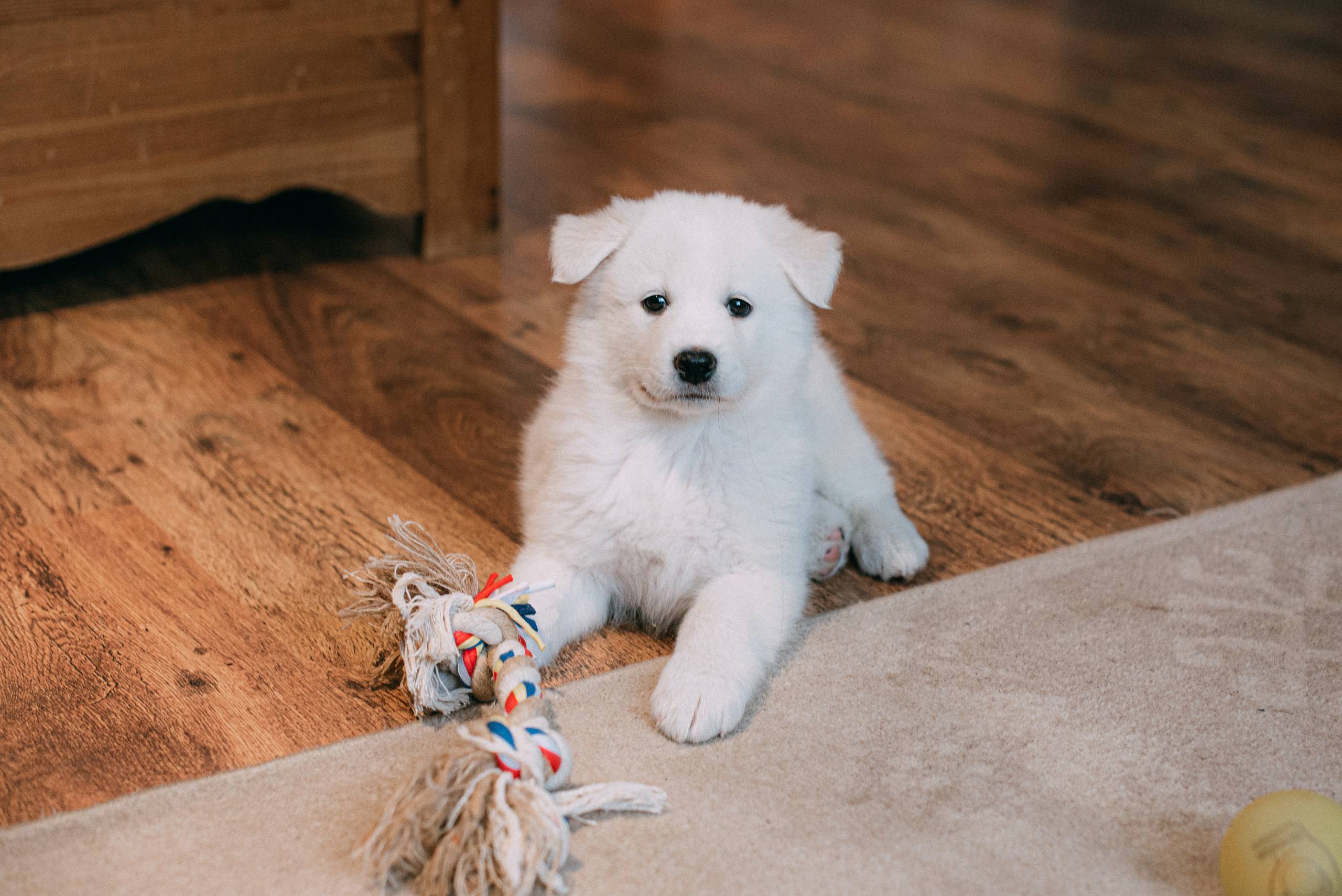
Understanding Dog Diarrhea
Before delving into remedies, it’s crucial to understand what may be causing your dog’s diarrhea. Dogs can experience diarrhea for various reasons, including dietary indiscretion, sudden dietary changes, ingestion of toxic substances, bacterial or viral infections, stress, or underlying health conditions. Diarrhea can also be a symptom of a more serious issue, so it’s essential to observe your dog’s overall behavior and health.
When to Seek Veterinary Care
While occasional diarrhea may resolve on its own, persistent or severe diarrhea requires prompt attention. If your dog’s diarrhea is accompanied by other concerning symptoms such as vomiting, blood in the stool, lethargy, loss of appetite, or dehydration, it’s best to consult a veterinarian immediately. These signs could indicate a more serious underlying condition that needs professional diagnosis and treatment.
Home Remedies and Management
When your dog experiences mild diarrhea, there are several steps you can take to help them feel better. First and foremost, ensure that your dog has access to clean water at all times to prevent dehydration. You can also consider withholding food for 12-24 hours to give their digestive system a chance to rest. After this period, reintroduce bland, easily digestible food such as boiled chicken and rice in small, frequent meals. Probiotics formulated for dogs may also aid in restoring the balance of healthy gut bacteria.
Understanding the Role of Diet
Diet plays a pivotal role in managing and preventing diarrhea in dogs. It’s important to feed your dog a high-quality, balanced diet that suits their individual needs. Avoid sudden changes in their diet, and refrain from offering them table scraps or foods that are known to be toxic to dogs. Additionally, keep an eye on any new treats or chews you introduce, as some may not agree with your dog’s digestive system.
Importance of Regular Exercise and Mental Stimulation
Regular exercise is not only beneficial for your dog’s physical health but also for their digestive system. Physical activity can help regulate their bowel movements and reduce stress, which in turn may contribute to better gut health. Mental stimulation through play and training activities can also help alleviate stress and anxiety, promoting overall well-being.
While dog diarrhea can be a common and often mild issue, it’s essential to approach it with care and attention. By understanding the potential causes and knowing when to seek professional help, you can ensure that your dog receives the appropriate care. Remember, every dog is unique, so what works for one may not work for another. Always consult with your veterinarian to determine the best course of action for your furry companion. With patience, love, and the right approach, you can help your dog overcome this temporary discomfort and get back to enjoying a happy, healthy life.
[/fusion_text]

